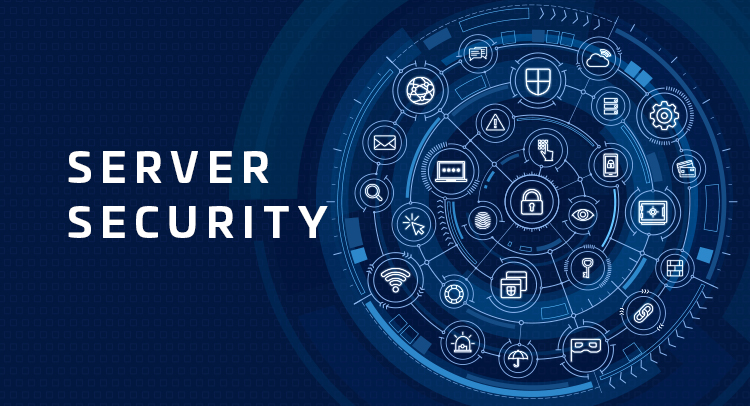Protecting servers is critical for businesses, as they often contain sensitive data and services that are essential to business operations. However, with cyber attacks becoming more sophisticated, traditional security measures may not be enough to keep servers safe. That’s why it’s important for businesses to have safeguards in place that integrate with connected endpoints, whether local, on the cloud, or hybrid.
Here are some key considerations to keep in mind:
- Strong Access Controls – Limiting access to servers is an essential step in protecting them from unauthorized access. It’s important to ensure that only authorized personnel can access the servers and that access permissions are regularly reviewed and updated.
- Regular Patching and Updates – Regularly patching and updating software can help ensure that servers are protected against known vulnerabilities and exploits.
- Encryption – Encrypting sensitive data can help ensure that it remains secure even if it’s intercepted or stolen. Encryption should be used both for data in transit and data at rest.
- Intrusion Detection and Prevention Systems – These systems can help detect and prevent unauthorized access to servers by monitoring for suspicious activity and blocking potential threats.
- Endpoint Protection – Protecting endpoints such as desktops, laptops, and mobile devices is also important to prevent the spread of malware and other threats to servers. Endpoint protection solutions such as anti-virus software, firewalls, and intrusion prevention systems can help detect and block threats before they can reach servers.
- Cloud or Hybrid Solutions – Cloud or hybrid solutions can provide additional security benefits such as automatic backups, disaster recovery, and data redundancy. However, it’s important to ensure that cloud or hybrid solutions are configured securely and that data is properly encrypted and protected.
Overall, protecting servers requires a multi-layered approach that integrates with connected endpoints. By implementing safeguards such as strong access controls, regular patching and updates, encryption, intrusion detection and prevention systems, endpoint protection, and cloud or hybrid solutions, businesses can reduce the risk of a successful cyber attack and minimize the impact of any security incidents that do occur.”
Remember, protecting servers is crucial to the success and continuity of your business. Take the necessary steps to safeguard your servers and integrate security measures with connected endpoints to protect your valuable assets.



